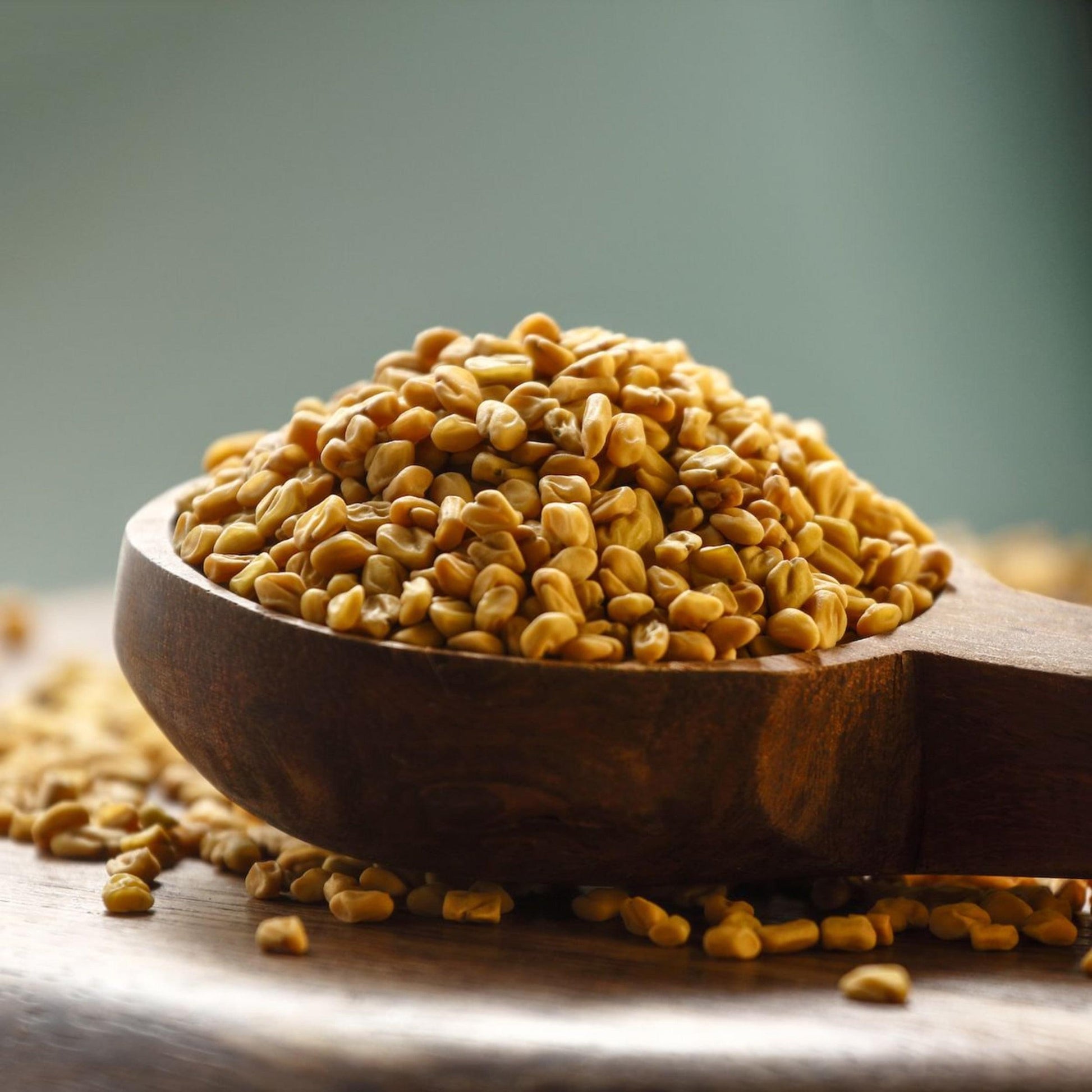Constipation is a frequent health problem that impacts a lot of individuals. The main reasons for this include lousy eating habits and lifestyle choices. Ayurvedic home remedies for constipation and other gastrointestinal issues abound in Ayurveda, which is excellent news. In this article, we will go over 10 famous Ayurvedic home treatments for constipation. The timeless Ayurvedic wisdom and all-natural ingredients in these remedies make them ideal for gastrointestinal problems and have few adverse effects. Incorporating these remedies into your daily routine can improve your overall well-being and establish more consistent bowel movements. Allow us to go into some time-tested Ayurvedic remedies for constipation.
What Cause Constipation
Several things may lead to constipation. Some common explanations are as follows:
Think About What You Eat:
- Fruits, vegetables, and whole grains are high in fibre, and a diet deficient in fibre may lead to constipation.
- If your stools become more complex and challenging to pass, it may indicate dehydration.
The welfare of the Body and Mind: Constipation may result from a sedentary lifestyle that lacks regular physical activity.
Inadequate Physical Activity:
- Consistent physical activity encourages regular bowel movements.
- Antacids, painkillers, and iron supplements are just a few of the medications that might cause constipation.
Health concerns:
- Like many other gastrointestinal illnesses, irritable bowel syndrome (IBS) may lead to constipation.
- The underactivity of the thyroid gland, known medically as hypothyroidism, may impact bowel regularity.
- Many neurological diseases, including MS and Parkinson’s disease, may cause constipation.
Hip and Pelvic Floor Dysfunction: Weak pelvic floor muscles might lead to constipation.
Ignoring the urge to defecate is one of the factors that contribute to constipation. Staying hydrated, making dietary changes, and adapting your lifestyle help avoid and treat constipation.
Better Lifestyle
While constipation can be uncomfortable, it’s important to remember that home remedies are not a substitute for professional medical advice. If your symptoms persist or worsen, it’s crucial to consult a healthcare professional. That being said, here are some home remedies that might provide temporary relief:
Stay Hydrated: One of the simplest and most effective ways to prevent constipation is to stay hydrated. Drink plenty of water daily; carbonated water can also be a good option. It may promote regular bowel movements and rehydrate you.
Increase Dietary Fiber: Increasing soluble, non-fermentable fibre in your diet may lead to more regular bowel movements and better digestion. A diet rich in fruits, vegetables, and whole grains is essential.
Prunes: Prunes and dried plums are an old-fashioned remedy for constipation. Their fibre and natural sugars may help with regularity and stool softening.
Tea or Coffee: Some people find that having a cup of coffee or tea first thing in the morning causes them to go to the bathroom. However, exercising caution while consuming caffeinated drinks would be best since an excess of these may lead to dehydration.
Stay Active: Consistent activity, even if it’s only brisk walking or swimming, keeps your digestive tract active and reduces the risk of constipation.
Avoid Processed Foods: Avoid processed foods and eat less white bread, pastries, and fast food. Opt instead for full-nutrient, natural meals.
Probiotics: Studies on the effects of probiotics on constipation and overall gut health have been encouraging. A diet rich in probiotic foods, such as yoghurt, should be considered.
Laxatives: Although over-the-counter laxatives have the potential to relieve constipation, it is essential to exercise caution when using these drugs and see a healthcare professional if required.
Remember that your body is unique and that finding your ideal solution is paramount. Do not delay seeking medical assistance if your symptoms persist or worsen.
12 Ayurvedic Remedies for Constipation
Triphala

Triphala is one of the most effective Ayurvedic remedies for constipation. Triphala contains a glycoside that may aid with constipation. Simply steeping triphala leaves in hot water makes a delicious tea. Another option for a more exotic flavour would be to mix 1/4 teaspoon of Triphala with 1/2 teaspoon of coriander seeds and 1/4 teaspoon of cardamom seeds. Crush all of the ingredients and combine them in a glass of water. You may discover that the three of them work together to help you defecate.
Fennel Seeds

Is it possible to get constipation from eating fennel seeds? It is doubtful that eating fennel seeds would lead to constipation. Their ability to enhance digestion and encourage bowel movement makes them a popular choice among doctors for treating gastrointestinal disorders, including constipation. The rich nutritional content of fennel, with its intense flavour and crispy, delicious bulb, may give many health advantages. Their potential health benefits include reducing inflammation, preventing cancer, satisfying appetites, and promoting heart health.
Milk with Ghee
Put a spoonful of ghee in a glass of hot milk. Making sure the ghee melts and mixes with the milk requires constant stirring. If you have constipation when you wake up, add this to your water bottle before bed. Garnishing the milk with cinnamon or turmeric will further boost its health benefits. Combining a little amount of cow ghee with hot milk is a simple remedy for constipation that people with Vata dosha may use. Cow ghee is when cooked with other foods or mixed with hot water or milk. Give it a month to work its magic.
FRUITS

Fruits, being natural sources of sugar, water, fibre, and phytochemicals, are a safe and effective way to improve digestive health. The fibre in many fruits, such as ripe apples, grapes, pears, and apples with skins on, can aid with constipation naturally.
Prunes (dried plums): When it comes to fibre-rich fruits, the options are plenty. Dried plums, or prunes, are a reliable source for stool bulking, containing around 3 grams of fibre per quarter cup (40 grams). Their soluble and insoluble fibres encourage water retention and increased fatty acid production, adding bulk to your stool. Additionally, the sugar alcohol sorbitol in prunes can have a laxative effect, making it easier for some individuals to go to the restroom.
Apples: Apples are an excellent food source of fibre, with 4.8 g in just one medium apple (about 200 g). Additionally, they contain pectin, a versatile ingredient. Consistently, you should expect to have shorter, softer bowel movements more often and need fewer laxatives.
Pear: According to a reliable source, a medium-sized pear (178 grams) has 5.5 grams of fibre. The sorbitol and fructose in pears give them a slight laxative effect. They consume excessive amounts of fructose, which the liver processes, which may lead to constipation. However, further study is required to validate these benefits.
Kiwi: One kiwi has 75 grams of fibre, which is 2.3 grams, making it a healthy option. In addition to reducing gastrointestinal pain, strain, and discomfort, kiwis may help with constipation by increasing stool consistency and decreasing stool time, according to a reputable source. The enzyme actinidin may play a role in improving both bowel habits and motility.
Kiwi: With 7.3 g in only half a cup (50 g), dried figs are a great source of fibre. Studies have shown that eating figs daily may assist with regular bowel movements, gas, and stomach pain (Trusted Source).
Fruits with citrus peels have a high fibre content. For example, 154 grams of oranges have 3.7 grams of fibre, but 308 grams of grapefruit contain almost 5 grams. Consuming citrus fruit peels may help constipation since they contain pectin and the flavanol naringenin. Although more human trials are needed to confirm the laxative effects, mouse studies support this (Trusted Source).
Fenugreek Seeds
Soak one teaspoon of methi seeds in water in the morning before consuming them. While sleeping, combine a teaspoon of methi powder with slightly warm water or grind the seeds. Vata and Kapha types could benefit from giving it a go. If you’re experiencing heat issues (high pitta), stay away from it.
Amla
In addition to its laxative effects, amla may help with other health issues, such as thinning hair, baldness, weight loss, and more—all when taken regularly on an empty stomach first thing in the morning. You may savour amla in its many forms—as a fruit, a powder, or any other way that fits your taste. This therapy benefits all doshas (vata, pitta, and kapha).
Castor oil

Castor oil, a natural laxative, has been around for a long time. It facilitates defecation by contracting the smooth muscles lining the intestines. To help restore regular bowel movements, take a teaspoon or two of castor oil with a little warm milk or water first thing in the morning before you eat anything. However, before taking castor oil, you should see a doctor.
Pulp of Bael Fruit

Bael fruit, a natural laxative, offers a potential solution to constipation. One approach is to consume half a cup of bael fruit pulp and a teaspoon of jaggery before supper. Another option is to prepare bael sharbat, a blend of bael juice, tamarind water, and jaggery. If you have diabetes, it’s crucial to consult your doctor before adding Bael to your diet. Remember, moderation is vital to avoiding exacerbating gastrointestinal issues.
Licorice Root

Mulethi, the common name for Licorice, may help with digestion and inflammation. To make a Licorice root powder, combine one teaspoon of jaggery with one teaspoon of warm water. Before making frequent use of it, consult an Ayurvedic practitioner.
Aloe Vera

The calming and soothing effects of aloe vera may help relieve constipation. To kickstart your day, combine two teaspoons of pure aloe vera gel with a glass of water or fruit juice. Carry out this operation without food. Start with a low dose and raise it slowly to see how your body responds.
Psyllium Husk

Psyllium husk, a soluble fibre derived from Plantago ovoid seeds, is a natural substance that can help soften stools. When mixed with water, it forms a gel-like substance that aids in easier passage through the intestines. Prepare psyllium husk in warm water and consume it before bedtime to alleviate constipation.
HARITAKI

The three components produce a sedative when taken together with warm milk in the hours before bedtime. It is well known that the Triphala plant Haritaki (Harad) may alleviate constipation and lower vata dosha. Haritaki is associated with many additional health advantages. Combining haribhi, milk, and ghee accelerates healing and makes it easier to go to the bathroom. Mix one teaspoon of Haritaki and one teaspoon of ghee in half a cup of heated milk. Whisk all the ingredients together to combine. Once the sauce has cooled, stir in 1 teaspoon of honey before serving. If you have persistent constipation, take it 30 minutes before bedtime every night.
Conclusion
At last, Ayurveda provides a thorough approach to managing constipation through natural remedies. Ayurvedic remedies and tried-and-true techniques for treating constipation may provide long-term relief. Milk with ghee, fruits, fennel seeds, and yoga are a few Ayurvedic remedies that promote regular bowel motions and better digestion. You may maintain optimal digestive and overall health by frequently including these remedies and enhancing them with nutritious food and enough physical activity. Applying what we learn from Ayurveda, we may find permanent solutions to constipation and increase energy levels.
Ayurvedic Home Remedies for Constipation!




